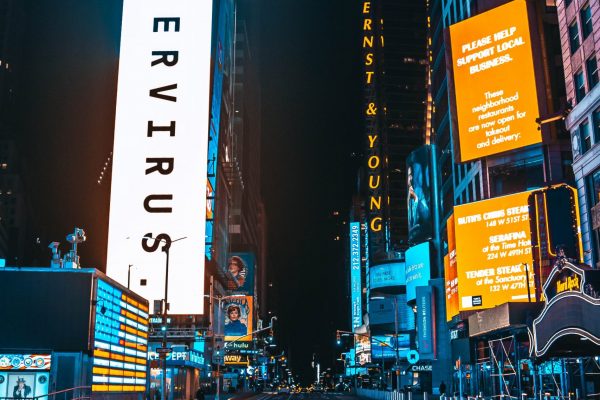I’m a Joker?
I’ve had people ask my thoughts on Todd Phillips’ movie, Joker. So I thought I’d share them here.
HOW DID I GET HERE?
People often agonize in my office over how and why they have come to the place they find themselves. What happened? How did I get here? My answer?
You didn’t wake up this morning and decide to have this issue.
It takes a lifetime of events, rejections, trauma, and your brain translating information that informs you on how to behave and respond to the world and people around you. Throw genetics into the mix and it complicates it even more for some.
I find many introverted, thinker/reflector, and feeling/sensitive people come for therapy more than other personality types.
I believe it so because the introverted have a more difficult time relating to others in society’s set up; large school rooms, sports teams, crowded places, and the like. Thinker/reflectors are often told, “You are overthinking it,” or “You can’t question….” People who feel deeply, both women AND MEN mind you, have a hard time feeling heard or understood. Men are told they can’t and shouldn’t feel.
All of this moves these people toward feeling as though they don’t “fit in.”
ARTHUR FLECK
How does this fit in to the Joker, Arthur Fleck?
Depending on all of these factors and many more, any one of us can be driven to madness. Any of us can become the Joker under the right (or wrong) circumstances. Feel free to disagree with me, but I have seen people from all walks of life and none of us are exempt…none of us.
A lot of our mental health is determined by the people in our lives…or…not in our lives. Yes, genetics play a role in it as I have described. However, people can guide us away from or toward our disorders.
As I watched Joker, I watched a human being devolve over time because one event after the next dehumanized him or created more traumas. The system not only failed him, it pushed him into his madness. It failed his mother, too. I found myself wondering what might have happened if someone positive intervened or if there was one less trauma.
Arthur Fleck didn’t wake up one day and decide to become The Joker.

THE STIGMA
The stigma is real. The stigma can push one to mental disorder. There is a stigma that people like The Joker are just crazy. They are born that way. They are evil.
As a result, people won’t get help because they are afraid of losing jobs or how it will negatively affect their reputation or relationships. Often times, support systems call loved ones suffering from mental illness, “crazy,” or tell them to “just buck up and get over it.” It’s not that easy for some people.
Let me repeat. None of us are exempt from mental disorder…None of us. The possibility of suffering from anxiety, depression, grief, guilt, shame, damaged self-esteem, broken relationships, and any personality disorder exists for any of us; even the strongest among us.
In fact, I suspect each one of us might just say we suffer from one of the above issues. We just haven’t been pushed to express it through violence. So what exactly would it take to push us toward violence…against someone else…or ourself?
JOKER
That’s what the movie moved my thoughts toward. No one asks to be born into a situation like Arthur. No one asks to be born into poverty, or violence, or abuse of any kind. It just happens.
And some people born into difficult situations have a better support system and better resources to overcome it. It just happens.
So what am I doing to help those who didn’t wake up and decide to be dealing with mental health issues? What can I do to erase the stigma? Those questions matter.
Just ask Arthur’s mother. Just ask Arthur.


